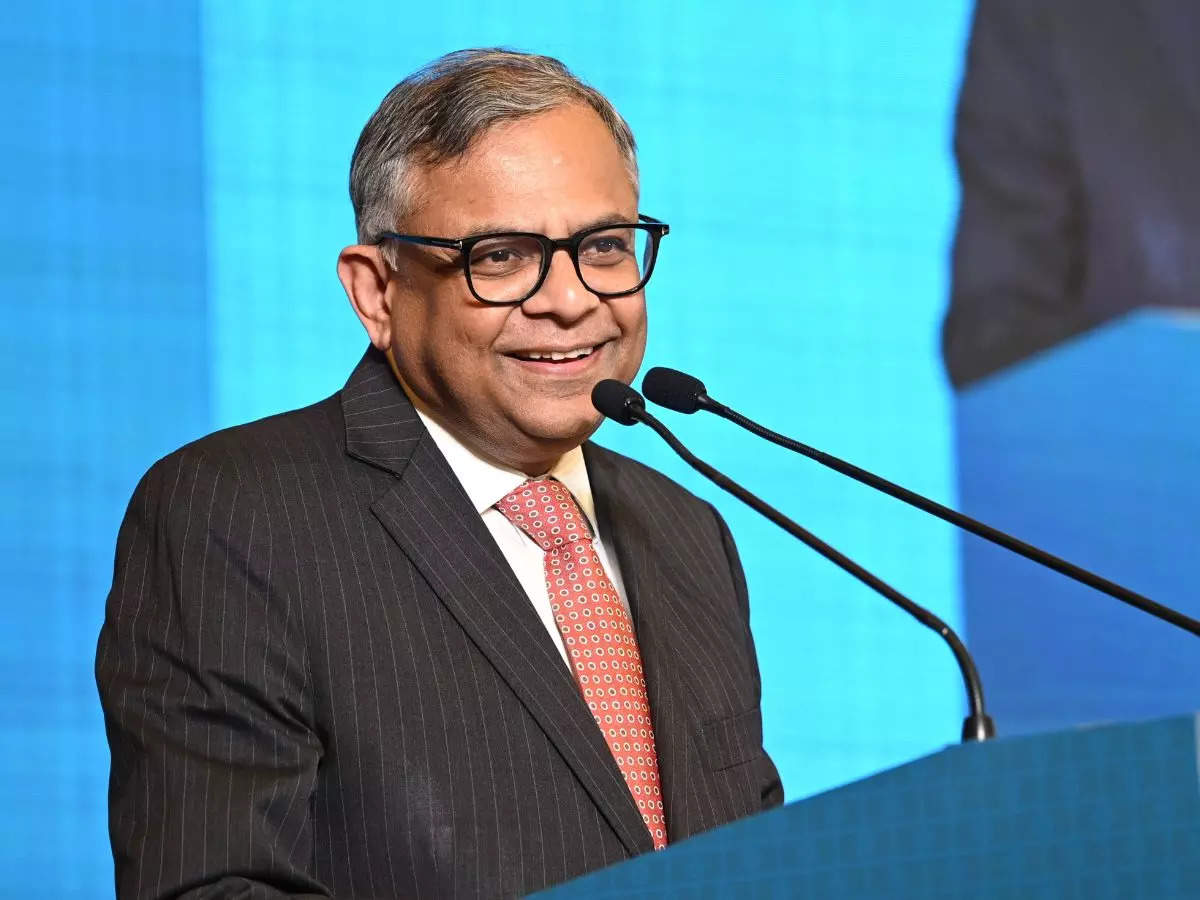With the turnaround the company is embracing the structural shifts which includes an irreversible move to green mobility, rebalancing of supply chains to achieve resiliency digital acceleration with Artificial Intelligence and Machine Learning becoming mainstream, from a position of strength and confidence.
The company’s UK subsidiary, Jaguar Land Rover, which delivered record operational performance in the year gone by, “will continue to double down on its journey to become a premium luxury OEM, deliver strong revenue growth, improve profitability further, drive positive free cash flows, focus on enhanced customer love and continue to invest in products and technologies,” wrote Chandrasekaran. Over the next three years, JLR plans to launch a raft of new models in the internal combustion engine and electric vehicle segments.
As part of the plan, it would launch the first electric Range Rover later this year, followed by many more EVs including the all-electric Jaguar. JLR shall continue to invest in products, platforms, electrical and electronic architectures, and vehicle software to provide a world class in-cabin and all-round customer experience, he noted.
Tata Motors consolidated net revenue in FY24 stood at Rs 4,37,928 crore. The company’s India automotive business is now debt-free, and plans are on track to make JLR debt-free in FY25, he wrote.
Alluding to the domestic passenger vehicle business, Chandrasekaran noted that the competitive intensity in this portfolio will remain high and the business will continue to invest in products, platforms, electrical and electronic architectures, and vehicle software to remain competitive. It will also focus on “significantly improving customer experience and enhancing product quality.” The EV business will focus on driving up penetration through multiple product launches, focus on market development, charging network enhancements and continuing to introduce aspirational product features, he noted. The business recorded its highest-ever turnover with an annual revenue of Rs52,353 crore, growing by 9.4% over FY23. It saw its EBIT margins improve by 100 basis points.Over the next phase, the company’s commercial vehicle business will focus on driving revenue growth, improving EBITDA, strong free cash flows, strong return on capital employed, technology and brand leadership. Apart from vehicular sales, the business will also focus on vehicle parc linked businesses like spares, digital and smart mobility solutions which will help reduce the volatility of the vehicle sales business. This should help drive consistent value accretive growth in the coming years.


